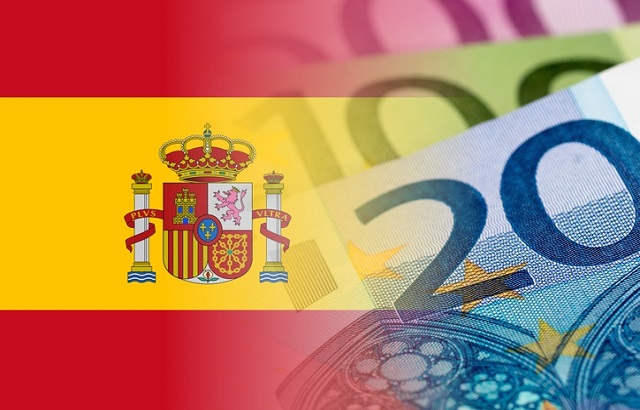The new reporting requirement has been brought in under the existing modelo 720 regulation, introduced in 2012, which requires every expat to declare all foreign assets over €50,000 (£45,040, $55,849).
British expats who are members of a non-Spanish pension scheme may need to declare the scheme on their modelo 720, if that scheme allows full encashment of the pension capital.
The disclosure includes all UK defined contribution schemes as well as any Malta-domiciled Rops schemes which either began after 1 January 2016 or schemes where the terms have been changed to reflex the new pension freedom rules.
Gibraltar and Guernsey Rops will not need to be reported on modelo 720 as they do not permit ‘flexi-access’.
The move comes after Spanish tax authorities decided last year that if a UK expat, an estimated one million of whom live in Spain, can access the whole capital within a pension fund it should not be treated any differently than a life assurance policy for modelo 720 reporting purposes.
Reporting not taxation
Jason Porter, director of European IFA firm Blevins Franks, is keen to reassure UK expats based in Spain that despite the disclosure, these pension schemes will be not be taxed – yet.
“Modelo 720 and wealth tax legislation are completely separate. But, there is strong evidence of the Hacienda [Spain’s tax office] comparing the modelo 720 with the wealth tax return for inconsistencies, and as a result raising enquiries,” he told International Adviser.
However, Porter could not rule out a possible pension tax being introduced by the Spanish authorities in the future.
“At this point there has not been any change to Wealth Tax legislation, but this does not mean it might not follow in the future,” he warned.
Spanish tax ruling
Spain’s decision to bring in a reporting requirement on expat pensions comes after a tax tribunal, known as Dirección General de Tributos (‘DGT’) ruled in late 2015 that in certain circumstances the capital of a pension fund should be reported on the Spanish tax form, modelo 720.
“Where the individual has contributed to a foreign pension scheme which allows that individual to surrender the scheme in the same way as they could with a life insurance product, the scheme must be reported on the modelo 720,” said the ruling.
Modelo 720 controversy
Spain’s increasingly stringent reporting requirements come despite mounting criticism of its Modelo 720 system, including steep penalties for late reporting or failing to report assets, which in some cases can be more than the asset is actually worth.
Last November, the European Commission (EC) opened an investigation against the reporting measure to determine whether it infringes EU law after a host of complaints from law firms and tax adviser associations in Spain.
The EC’s main concerns are that the fines and penalties are “disproportionate” in relation to the non-declaration. Furthermore, the tax is not subject to any statute of limitation – Spanish tax authorities have an unlimited period to pursue the case – which could infringe EU law.








